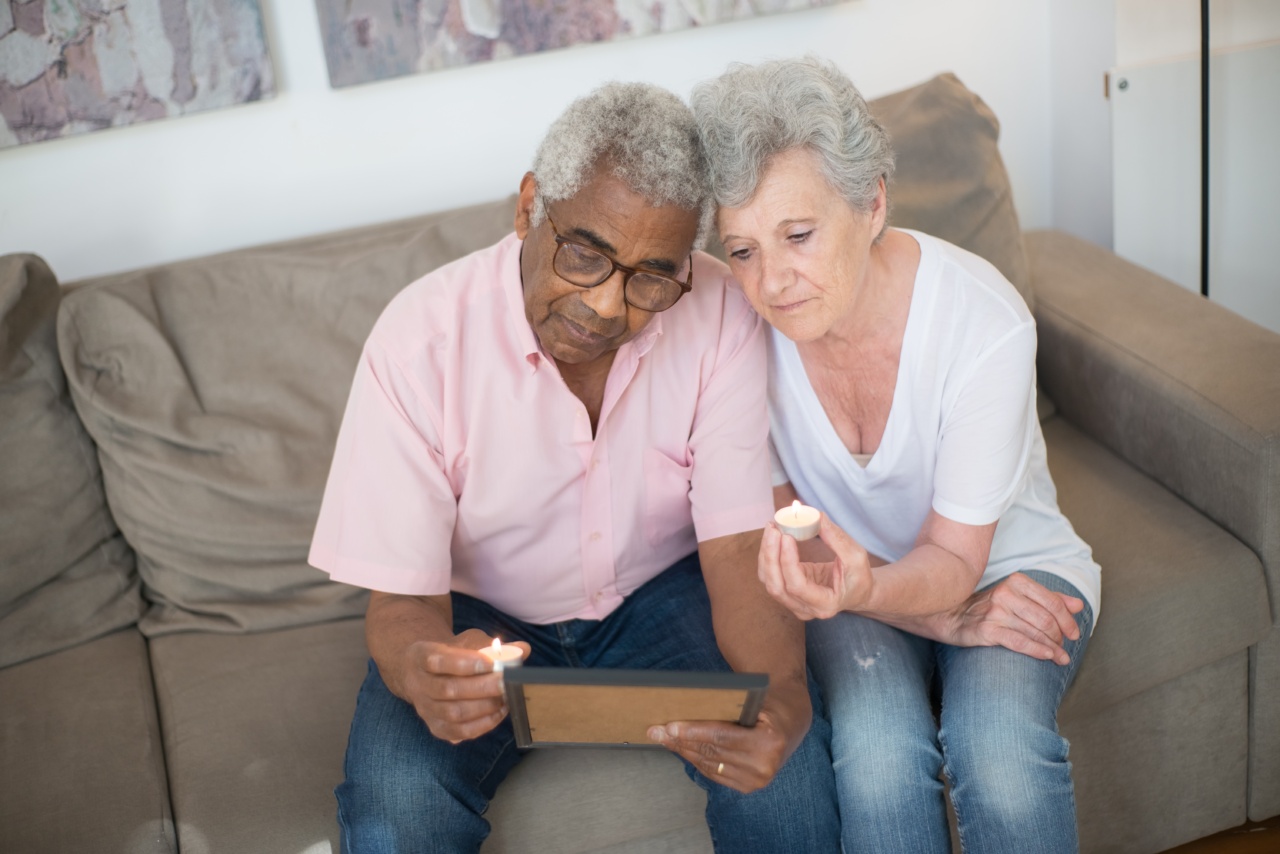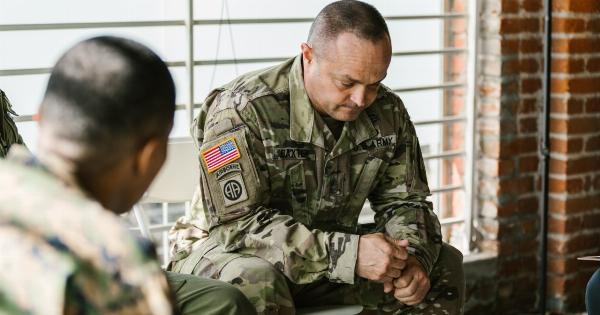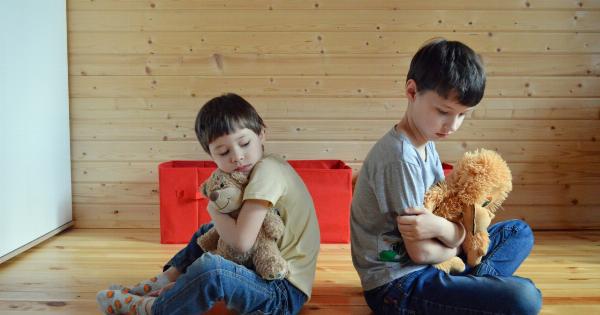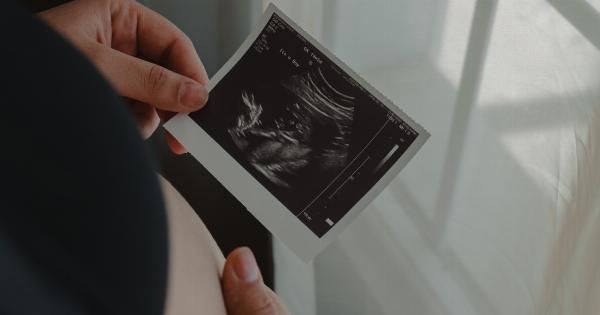It’s every parent’s worst nightmare: the sudden and unexpected loss of their infant. Sudden Infant Death Syndrome (SIDS) affects families all over the world, and it’s something that nobody can truly prepare for.
When your child passes away unexpectedly, the shock and grief can be overwhelming. In this article, we’ll discuss coping mechanisms for parents dealing with the sudden and unforeseen loss of their infant.
Give Yourself Time to Grieve
The death of a child is one of the most traumatic events anyone can experience, so it’s important to allow yourself time to grieve. The grieving process is different for everyone, and there is no right or wrong way to grieve.
It’s essential to give yourself permission to feel whatever emotions come up. You may feel anger, sadness, guilt or denial – all of these emotions are normal. Don’t beat yourself up for having these feelings. Instead, tell yourself that it’s okay to experience them and seek support from others.
You don’t have to grieve alone.
Seek Professional Help
It’s important to seek professional help following the death of your infant. This could be in the form of a grief counselor or therapist.
Talking about your feelings with a professional can help you to process your emotions and work through your grief. They can also give you practical advice on coping mechanisms that may be helpful for you. Don’t be afraid to ask for help, there is no shame in seeking out assistance during such a difficult time.
Connect With Other Parents Who Have Experienced a Similar Loss
Connecting with other parents who have gone through a similar situation can be a great source of comfort. Sharing your experience and feelings with others who can relate to what you are going through can be very therapeutic.
Support groups for parents who have lost their children can also provide a sense of community and understanding. Being able to talk to others who have gone through what you are experiencing can help you to feel less alone.
Take Care of Yourself
Grief can be all-consuming, but it’s essential to take care of yourself during this time. Make sure that you are eating well and staying hydrated.
Getting enough sleep can also be challenging, so don’t be afraid to take naps when you need them. Exercise can be helpful for relieving stress and releasing pent-up emotions, so try to get moving daily. Taking care of yourself physically can help to improve your emotional health as well.
Remember Your Baby
It’s essential to find ways to remember your infant. This could be through creating a memorial or holding a small ceremony in their honor.
It could also be something as simple as lighting a candle and saying your baby’s name out loud every day. Honoring their memory can provide comfort and help keep their spirit alive.
Create a Support System
Creating a support system is essential when dealing with a sudden and unforeseen loss. This could be friends, family members, religious leaders, or anyone that you feel you can turn to for support. Don’t be afraid to ask for help when you need it.
People are often willing to help, but they may not know how. Letting others know what you need can be helpful for both you and them.
Talk To Your Partner
The loss of a child can put a tremendous strain on a relationship. It’s essential to talk to your partner about your feelings and be open and honest with each other.
It’s okay to have different grieving processes, but it’s important to communicate with each other to ensure that you don’t grow apart during this time. Couples therapy can also be helpful for working through the loss together.
Don’t Rush Yourself
Grief takes time, and it’s important to remember that everyone has their own timeline for healing. Don’t rush yourself to feel better or to be over your grief.
The healing process is different for everyone, and it’s important to honor your own timeline. Give yourself grace and space, and don’t push yourself to move forward before you are ready.
Find Ways to Honor Your Baby’s Memory
As time passes, find ways to continue to honor your baby’s memory. This could be through creating a scholarship in their name or volunteering for a charity that was important to them.
It could also be something as simple as carrying an object that reminds you of them or wearing a piece of jewelry that was special to them. Finding ways to keep your baby close to your heart can be comforting and provide a sense of continued connection.
Conclusion
The sudden and unforeseen loss of an infant is a difficult and confusing time. Grief can be all-consuming, and it’s essential to seek support and help as you navigate this difficult journey.
Remember that there is no right or wrong way to grieve and that everyone’s timeline for healing is different. Honor your baby’s memory in whatever ways feel right to you, and don’t be afraid to reach out for the support you need.





























